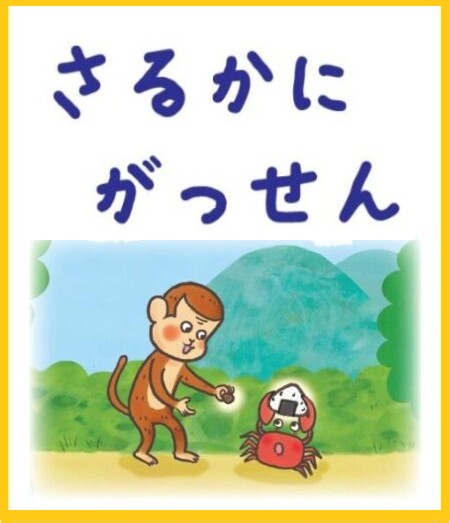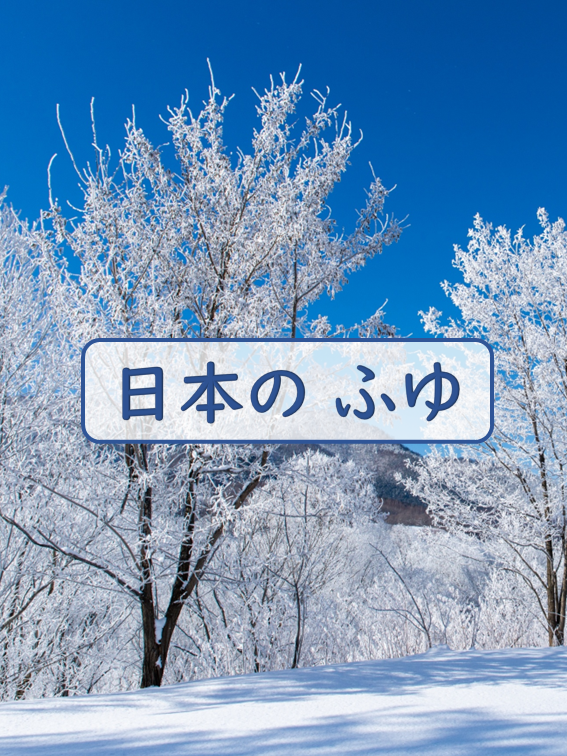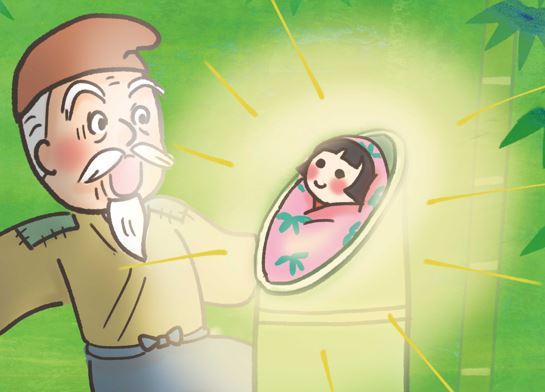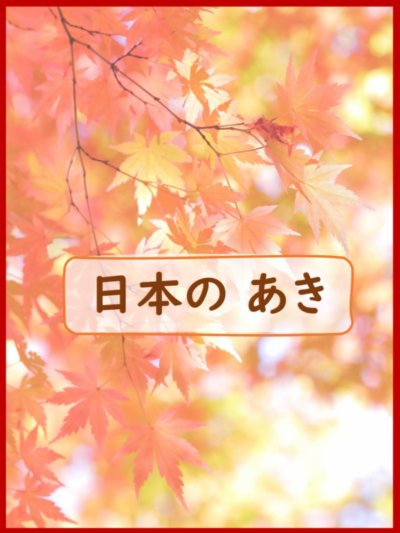
FLIPBOOK: Omusubi Kororin
Click the cover page image below to enjoy reading!
About OMUSUBI KORORIN
Students read a bilingual flipbook, a simplified version of the folktale Omusubi Kororin, and discuss and reflect on the story and themes by answering the questions provided below.
Story outline
Omusubi Kororin is a traditional Japanese folktale about a kind old man who accidentally drops his rice ball (おむすび) down a hole. When he follows it, he discovers a friendly family of mice who reward him for his kindness. However, a greedy neighbor tries to replicate the old man’s success but ends up being punished for his greed.
Explore our other Nihongo flipbooks! → https://classroomresources.sydney.jpf.go.jp/resources/nihongo-flipbooks/
CULTURAL NOTES
Omusubi Kororin
Omusubi (also known as onigiri) is a traditional Japanese rice ball. It is typically made from white rice formed into triangular or cylindrical shapes and often wrapped in nori (seaweed). They are a popular and convenient snack or meal in Japan.
Kororin is an onomatopoeic word in Japanese that mimics the sound of something rolling. Omusubi Kororin can be translated to “The Rolling Rice Ball,” referring to the rice ball rolling down into the hole in the story.
Mochi (Omochi)
Omochi (also known as mochi) is a traditional Japanese rice cake made from glutinous rice (もち米, mochigome). The rice is pounded into a sticky, chewy paste and molded into various shapes, often round or rectangular. Mochi is commonly eaten during Japanese New Year celebrations but is also enjoyed year-round in various dishes and desserts.
Mochi tsuki
In this story (pg 13),  a mouse is holding a wooden mallet used to pound rice into mochi. In the story the mice welcome ojiisan by making him mochi as a gesture of hospitality and gratitude. While mochi tsuki is traditionally associated with New Year celebrations in Japan, it is also enjoyed on other special occasions and can symbolize warmth, generosity, and community.
a mouse is holding a wooden mallet used to pound rice into mochi. In the story the mice welcome ojiisan by making him mochi as a gesture of hospitality and gratitude. While mochi tsuki is traditionally associated with New Year celebrations in Japan, it is also enjoyed on other special occasions and can symbolize warmth, generosity, and community.
QUESTIONS
- What happened to the ojiisan and the greedy old man in the story?
- What lesson does the ojiisan’s experience with the mice teach us about kindness and generosity?
- Create an alternative ending to the story, from the point where the greedy old man chooses the big box at the mice’s house. Explain why you chose that ending.
ACTIVITY IDEAS
1. Role play
Students work cooperatively in groups or as a class to prepare and perform the following skit for their classmates or at a school event.
Students learn about this traditional Japanese food, Onigiri, by learning how they are made and the popular fillings used through some quiz.
This resource was created by Shoko Adachi, supported by Himiko Negishi-Wood (May 2025).
Illustration by amachakoubou (https://amachakoubou.com/)




